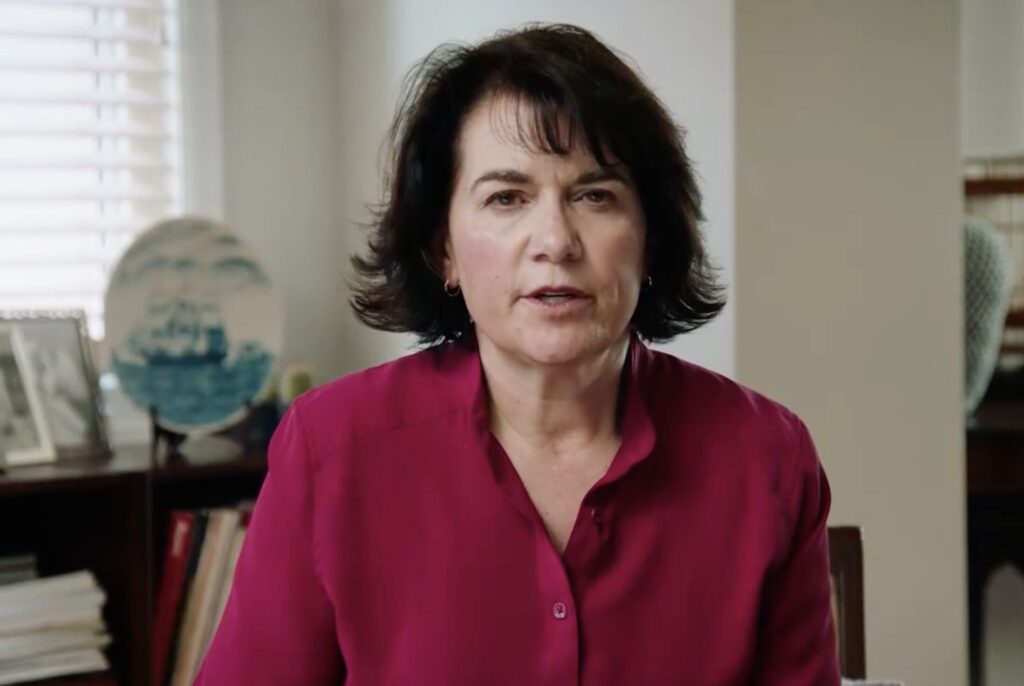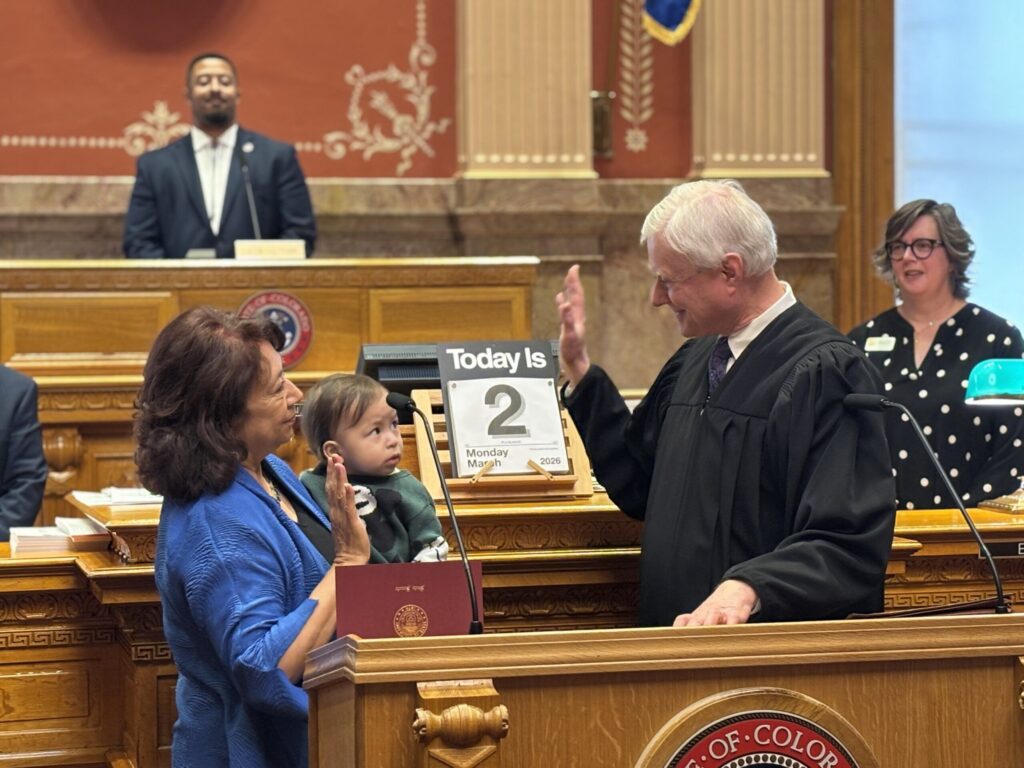Colorado Lottery Commission proposes credit card sales, sparks controversy

The Colorado Lottery Commission is planning some rule changes that are already raising eyebrows at the state Capitol, including the prospect of allowing residents to use credit cards to purchase lottery tickets.
Within the more than 100 pages of rule changes, most of which are intended to remove repetitive sections and cleanup, two proposed changes are substantive. The first, if approved, would allow the lottery to sell tickets directly to consumers via the internet, phone, computer or other electronic devices. The second is accepting credit cards for payment.
Neither change is going over well.
The new rules are scheduled to be approved by the Lottery Commission at its meeting on Wednesday, Nov. 19.
State lawmakers who object to allowing credit card use for lottery ticket purchases are questioning the rules and the process. Rep. William Lindstedt, D-Broomfield, and Sen. Jeff Bridges, D-Greenwood Village, are among the signatories to a letter to the commission, telling them the legislature believes it ought to have a say in the changes.
Gov. Jared Polis on the other hand appears to be in favor of the upcoming rule changes.
A provided statement from the governor’s office on Monday, said, “The Colorado Lottery supports Colorado’s outdoor spaces, including organizations like Great Outdoors Colorado, which funds parks, trails, recreation, open space, wildlife projects, and increases access to the outdoors. The Governor is supportive of increasing consumer convenience, and the proposed rule change will modernize Colorado’s lottery system and ensure customers don’t need to fumble through several cards to buy what they want or have to pay for some things with a credit card and some with cash.”
Credit card sales for lottery tickets aren’t new. About 26 states already allow it. But just as many states don’t, including Colorado.
Allowing the lottery to sell directly to consumers is a problem for retailers who have been selling lottery tickets since the state first offered those games in 1983.
The retailer community loves the partnership with the lottery, according to Grier Bailey, executive director of the Colorado Wyoming Petroleum Marketers Association, whose members operate convenience stores that sell 90% of all gas in Colorado and Wyoming. That partnership has been “mutually beneficial for decades.”
But the rules changes are likely to have a significant impact on his retailers.
Why would retailers want to compete against their own government? Bailey asked.
That competition comes with a price, he explained, and that’s the “interchange” fees retailers collect when they sell lottery tickets. The proposed change would reduce that fee from 5% to 1%.
On top of that, Bailey said, the stores will lose more business to what’s known as couriers, a kind of third-party online seller that can change service fees, ranging from 20 cents to 70 cents per ticket. There are two in Colorado: Jackpocket.com, the largest seller of lottery tickets in the state, and another operated by Lotto.com.
Bailey noted that the courier companies are just now beginning to be incorporated into the upcoming rule changes on Nov. 19.
The courier model went into operation in 2019 without any regulation from the lottery commission nor any oversight from the legislature. That drew the interest of the state auditor in a 2023 performance audit.
The audit noted that Jackpot sold $12.8 million in tickets in 2022, more than five times as many as the retailer that sold the second-most tickets.
In addition, the audit said players pay more for lottery tickets from a courier than they do in a brick-and-mortar store due to service fees.
The lottery doesn’t regulate the amount of fees, the audit said, but state law says it is illegal for “any person to sell a lottery ticket at a price greater than or less than that fixed by the commission.”
The lack of oversight by the legislature also came up in the 2023 state auditor’s report.
It noted the 2014 legislation that prohibited the lottery commission from adopting any rule or policy before July 1, 2017, to authorize ticket purchases by any means other than buying tickets in person at a licensed retailer.
“Although the prohibition has expired, and we found no indication that the General Assembly has since revisited this issue, House Bill 14-1142 clearly indicates that the General Assembly expected to have input, along with the Commission, on when and if Lottery sales would be permitted by a means other than the traditional approach of a player making the purchase, in-person, at the licensed retailer’s place of business,” the audit stated.
Bailey pointed out that the legislature had granted the lottery broad authority and little oversight beyond a financial audit.
The association’s comments noted a lack of cost-benefit analysis showing the potential decline in retail sales resulting from the rule changes.
The association also questioned “the societal benefit of continuing the courier model…It is telling that according to the most recent audit report, a small store that sells board games on a wall in Pueblo is the state’s highest seller of lottery tickets.”
Then there’s the speed with which these changes are being made. The commission first heard about the proposed rules in August, with approval expected in October. That got bumped to November to allow for more public input.
The use of credit cards to purchase lottery tickets also troubles the board of the retailers’ association, Bailey said. But in comments to the lottery, the association noted the legislature had removed “cash” as the only way to pay for tickets in 2022 legislation on a lottery grant program.
The change, however, only applied to scratch tickets.
The association said they believed the commission could amend the existing rule without further legislative authority, but “urgently” suggested the commission make a “specific ask to the legislature and governor” for explicit and specific permission to allow for the use of credit cards.
State lawmakers believe they ought to have a say.
Rep. William Lindstedt, D-Broomfield, chairs the House Finance Committee, a likely destination for any legislation related to lottery revenue.
He told Colorado Politics he’s opposed to allowing credit card purchases of lottery tickets for a couple of reasons.
First, “it’s a risk for people with problem gambling,” Lindstedt said. But he also pointed out that allowing credit card sales would mean retailers would have to absorb the fees charged by credit card companies, which would diminish their profits on those sales.
Polis’s office said the lottery will be implementing responsible gambling tools to assist players in understanding how much money is being spent on lottery behavior. This includes player-set limits on time and money spent, cool-off options, player behavior data available to players to self monitor and more. The Lottery is consulting with national experts and other lotteries to ensure best practices are implemented focusing on player health, protection, and minimizing harm.
It could even result in retailers losing money.
One analysis said retailers typically pay between 1.3% and 3.5% in interchange, or “swipe” fees, plus a flat fee of 5 to 10 cents per transaction for processing credit card sales.
If the interchange fee the lottery pays to retailers were reduced to 1%, retailers would lose money.
Lindstedt said if the commission ignores the lawmakers’ feedback, legislation could be next on the General Assembly’s agenda.
Using a credit card for lottery purchases does have its advocates; Jackpot.com says customers benefit from the convenience, not having to go to an ATM to get cash, that buying lotto tickets with a credit card gives the buyer a transaction history to keep an eye on spending, and a reduced risk of theft, especially if purchasing tickets in an unfamiliar area.
The downsides, according to Bankrate.com: this is taking on debt to finance gambling; some credit cards may view lottery tickets as a cash advance and that often comes with fees and a higher interest rate, which begins the minute you buy the tickets, instead of the grace period you get for other purchases; you may not earn rewards, such as airline miles, and investing or saving that money will give better returns.
The drafter of those rules changes, then-deputy director Jennifer Anderson, announced at that same August meeting where the rules were first discussed that she was leaving. She now works for FanDuel.August meeting where the rules were first discussed that she was leaving. She now works for FanDuel.













